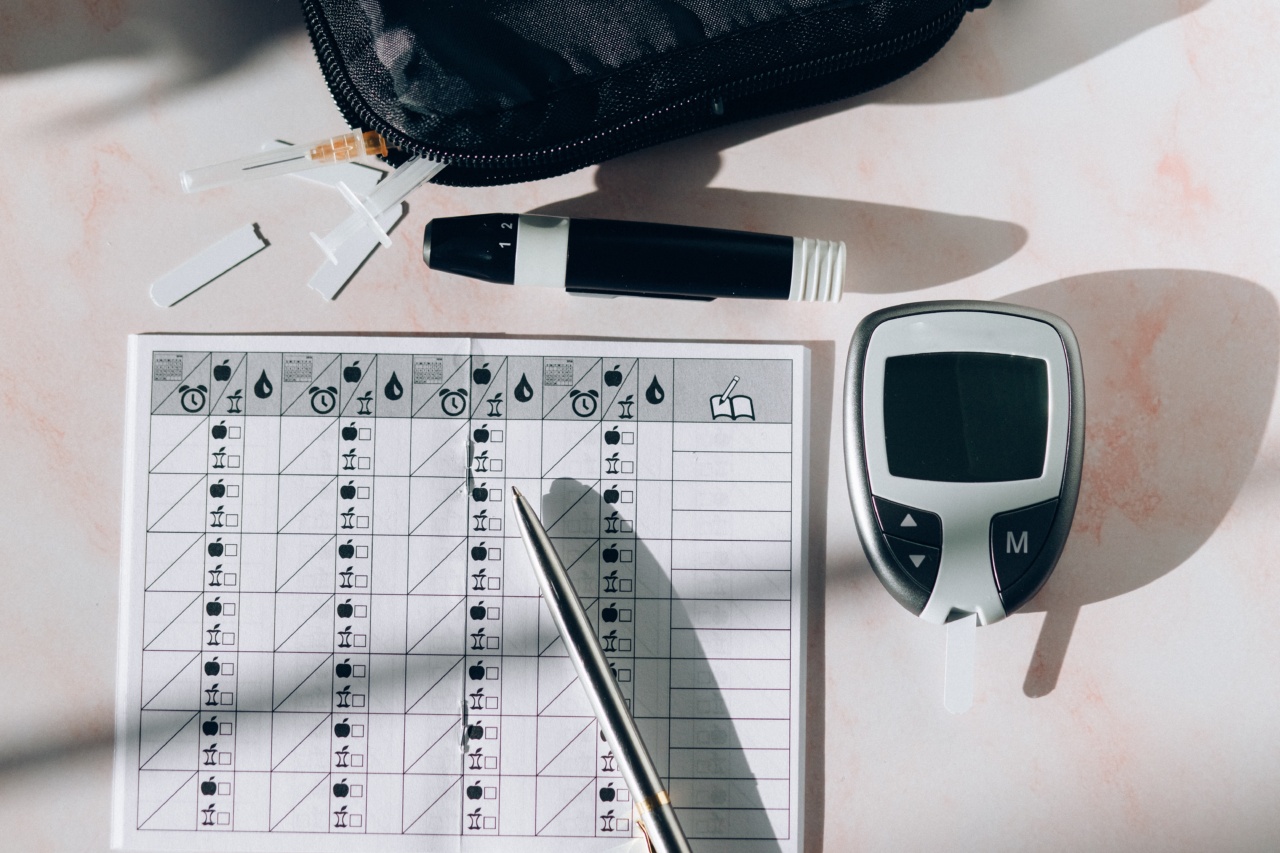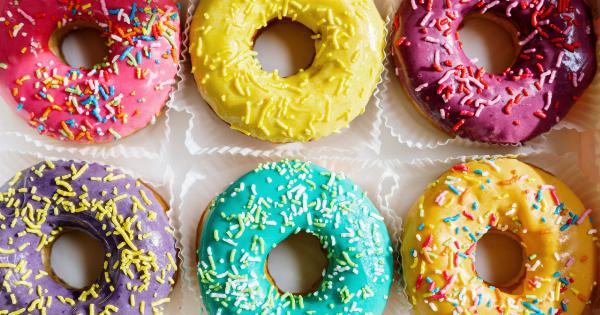Sugar is a prominent ingredient in many foods we consume daily. While small quantities of sugar aren’t usually harmful, excessive intake of sugar can lead to various health problems such as obesity, type II diabetes, and heart diseases.
While eliminating sugar intake entirely might not be the best solution, reducing its consumption can help balance your sugar levels and improve your overall health.
Here are seven essential food categories that can help you balance your sugar intake for a healthy and balanced diet:.
Fruits
Fruits are a rich source of essential vitamins, minerals, and antioxidants that are beneficial to your health. Additionally, they contain natural sugars that are less harmful to your body than processed sugar.
Fruits such as berries, apples, and pears have a lower glycemic index than tropical fruits like pineapples and mangoes and are better suited for balancing sugar intake.
Vegetables
Vegetables are an excellent source of fiber, which helps slow down the absorption of sugar into your bloodstream.
Additionally, vegetables are rich in essential minerals such as potassium and magnesium that help maintain healthy blood pressure levels and prevent hypertension. Include a variety of vegetables in your diet such as leafy greens, cruciferous veggies, and root vegetables.
Protein
Protein-rich foods help balance your blood sugar by slowing down the digestion of carbohydrates. Choose lean protein sources such as poultry, fish, beans, and legumes that are low in saturated fats and high in essential nutrients.
Additionally, protein-rich diets can promote satiety, which helps reduce sugar cravings.
Whole Grains
Whole grains such as brown rice, oatmeal, whole wheat bread, and quinoa are rich in fiber and are a suitable alternative to processed grains that contain high levels of sugar and refined carbohydrates.
Consuming whole grains can help reduce insulin resistance and improve glucose metabolism, which ultimately helps balance your sugar levels.
Nuts and Seeds
Nuts and seeds are an excellent source of essential fats, fiber, and protein. The fiber content in nuts and seeds helps slow down the absorption of sugar into your bloodstream, while the essential fats help balance your cholesterol levels.
Additionally, nuts and seeds are a great source of magnesium, which plays a crucial role in regulating blood sugar levels.
Dairy
Low-fat dairy products such as milk, yogurt, and cheese are a rich source of protein, calcium, and vitamin D. Dairy products also contain natural sugars such as lactose, which is less harmful to your health than processed sugar.
However, dairy products should be consumed in moderation, as they can contain high levels of saturated fats and calories.
Herbs and Spices
Herbs and spices are an excellent alternative to processed sugar when used in cooking and baking.
The natural sweetness in spices such as cinnamon, nutmeg, and vanilla can be used to enhance the flavor of dishes without adding significant amounts of sugar. Additionally, herbs such as basil and parsley are a great source of essential vitamins and minerals that promote healthy blood sugar levels.
In conclusion, balancing your sugar intake requires a conscious effort to choose a healthy and balanced diet. By including these seven essential food categories in your diet, you can reduce your sugar intake and improve your overall health.





























